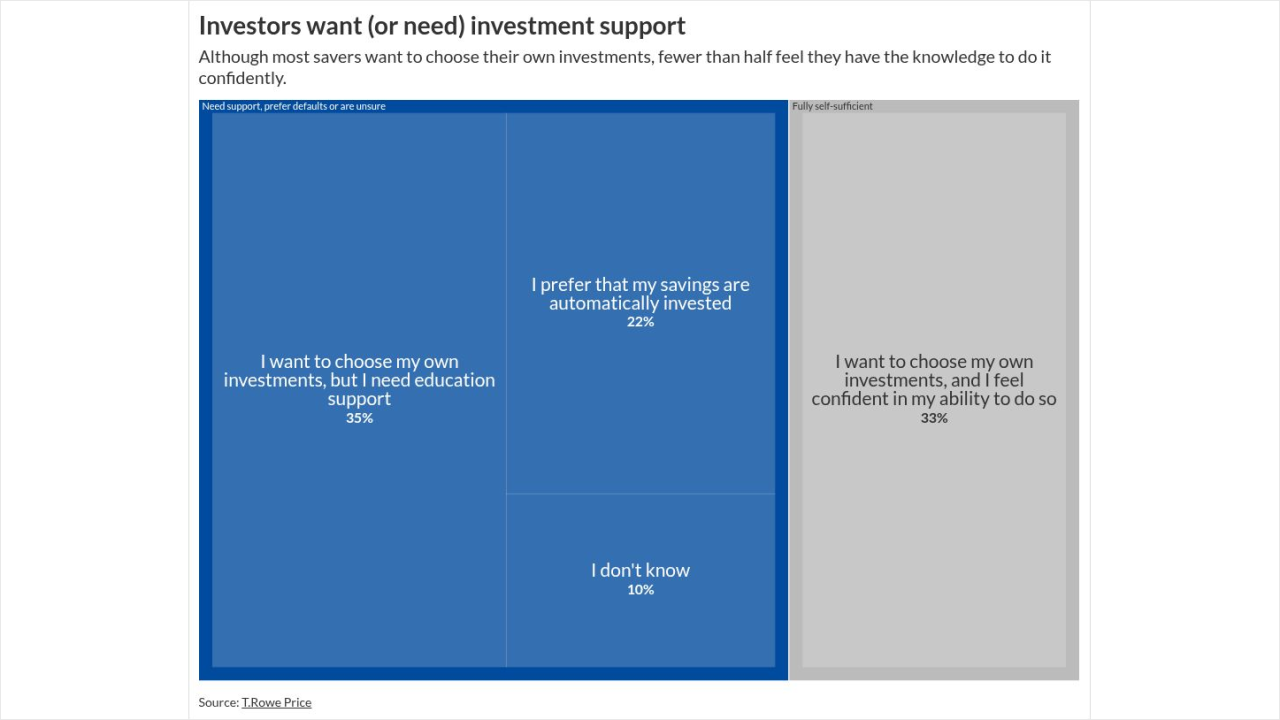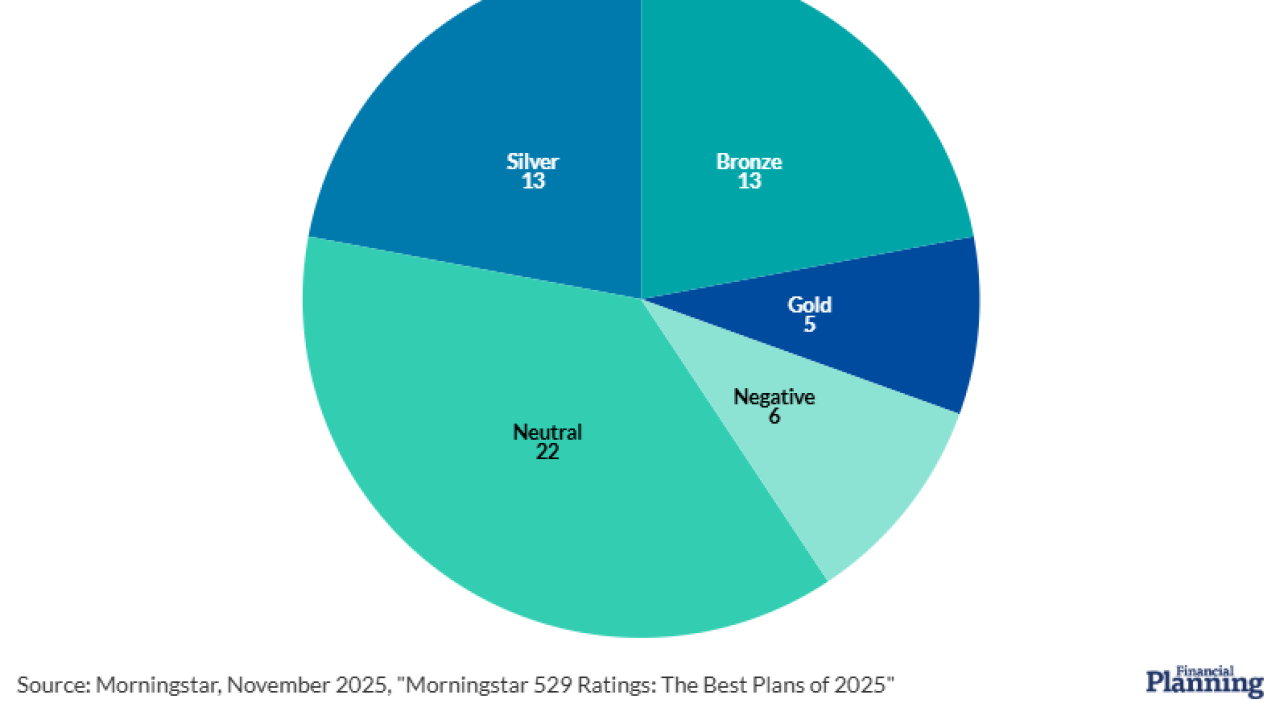Speaking at a hedge fund conference in Greenwich, Conn., Securities and Exchange Commission regulators indicated that they are conducting 30 investigations into hedge fund trading in the Northeast alone, Reuters reports.
The SEC is pressing ahead with probes into insider trading, asset valuation and conflicts of interest despite the courts overturning a SEC requirement that hedge funds register as investment advisors.
"Whether you are registered or not, we at the enforcement division believe we have the tools to detect insider trading," said Bruce Karpati, New York assistant regional director for the SEC's division of enforcement. "There are obviously active investigations on this front."
Connecticut Attorney General Richard Blumenthal, a proponent of more regulation despite the fact so many hedge funds are located in his state, said many of the probes are likely to result in lawsuits.
"There are indications that the investigations will be very productive," he said.
Prosecuting insider trading at hedge funds is a priority at the SEC, Karpati said.
SEC officials said they have brought more than 100 cases against hedge funds in the past five years.
Nonetheless, Blumenthal said he believes the "immediacy" of the issue of more hedge fund regulation appears to have "diminished" in Congress. Still, he said he is working with the SEC to raise investor qualifications.
Financial Adviser Faults AARP Funds for Royalties
Although it has a longstanding reputation of protecting the interests of the nation's senior citizens and is a non-profit organization, AARP is actually no different from any other profit-seeking organization, maintains Baltimore financial planner Andrew Tignanelli, the Los Angeles Times reports.
Tignanelli said when clients first came to him saying they wanted to invest in AARP funds, he was thrilled.
But after he did a cost analysis of the funds' fees and compared them to similar products, he found them to be more expensive.
"When [the investors] showed me what they were getting and the price, I told them that I thought they could do better elsewhere," Tignanelli said. "People assume that AARP is their advocate and doing the best for them. That isn't always the case."
Indeed, AARP's 2006 financial statement itself shows that about $400 million, or 40%, of the group's $1 billion annual revenues come from "service provider relationship management fees" from products that AARP sells.
AARP counters that while it does earn royalties on products it endorses, it strives to serve members well. AARP spokesman Adam Sohn said Tignanelli's analysis doesn't take into account all of the benefits of the mutual funds that AARP offers.
Aggressive, moderate and conservative target-risk funds-of-funds managed by State Street, AARP's three offerings are diversified and actively managed on behalf of investors.
Tignanelli argues that Vanguard also offers target-risk funds that are less expensive and that delivered stronger performance last year and in the first half of this year.
AARP's Sohn answers that charge by saying that Vanguard charges high initial investment minimums to keep its fees low. Vanguard's initial investment minimum to its LifeStrategy funds is $3,000, whereas AARP's is only $100, he said.
New Japanese Law Encourages Investing
A new law in Japan that took effect this month-the first overhaul of its financial regulation system in 20 years-is aimed at encouraging its citizens to move some $13 trillion in savings into stocks and bonds, The Wall Street Journal reports.
The new law, the Financial Instruments and Exchange Law, is far reaching, covering everything from marketing practices for stocks, bonds and mutual funds, to registration requirements for private equity funds and hedge funds, to stock trading practices, to corporate reporting procedures and certification of financial statements. Also, Japanese companies will be required to report earnings every quarter, not only twice a year.
In addition, Japan Post, which not only handles mail but also banking and insurance, will become private over the next 10 years, resulting in a holding company with four subsidiaries. With that, the Japanese are expected to move the $1.6 trillion they have in savings with Japan Post and the $1.5 trillion in the nation's two biggest banks into mutual funds and variable annuities. The nation's 25,000 post offices began selling a range of financial products two years ago, including mutual funds. Currently they have amassed $8.5 billion in fund assets.
Japan is actively working on ways to prompt its citizens to earn higher returns in order to fund their retirement, and by putting more securities regulations in place, the hope is that this will build investor confidence. In the past, many Japanese have been harmed by unscrupulous financial services companies, which is why most Japanese have their money in bank or postal accounts paying less than 1%.
"It is a whole modernization of the law," said Christopher Wells, a securities lawyer with White & Case.
Japanese Fund Assets Soar 39% to $673 Billion
As a clear sign that Japanese investors are beginning to move their assets from savings into investments, Japanese mutual fund assets have hit a new high, the New Zealand Press reports. Assets in mutual funds in Japan soared 39% from a year ago to $673 billion. Total financial assets stood at $13 trillion.
With the yen at 22-year lows, Japanese investors expressed particular interest in international mutual funds.
Still, only 5% of Japanese household assets are in investment trusts.
Lawson Shakes Up Fidelity In Biggest Reorg Ever
The first sign of significant changes at Fidelity since Rodger Lawson took over as president came late last month, as he announced in an internal memo that the individual investment and workplace savings divisions will be merged under the new moniker Personal and Workplace Investing, and the human resources services unit will be standalone.
"We can, and will, take better advantage of our brand's great power to drive Fidelity fund sales, brokerage and every other business we are in," Lawson said in the memo.
The reorg gives Abigail Johnson, daughter of Fidelity CEO and Chairman Edward "Ned" Johnson, expanded responsibilities.
"I think what [Lawson] has done is streamline the organization to react quicker and operate more efficiently," Eric Kobren, executive editor of Fidelity Insight, told the Associated Press. "I think Rodger is driving these changes certainly with Ned's blessing and approval. Ned knew something had to be done, but in terms of the nitty-gritty and design, I think this is part of Rodger's job as president."
Fidelity spokeswoman Anne Crowley said she believes the Personal and Workplace Investing unit, which Abbey Johnson will oversee, will become increasingly important at Fidelity.
Greenspan: Less Than 50/50 Chance of Recession
Former Federal Reserve Chairman Alan Greenspan gives the chance of recession less than 50/50-but does believe the probability of one occurring has increased, Reuters reports.
Greenspan said the slowdown in the housing market will "significantly" affect the "wealth effect" but won't hit consumer spending as dramatically.
"The danger of recession has obviously risen but in my judgment, is still less than 50/50. It's less optimistic than one would like," he said.
"The probabilities have risen, but I'm scarcely at the point where I'm forecasting [that] we're about to experience significant recessions either in the United States or in Britain," he said.
Greenspan also said hedge funds were probably "the largest culprit" behind the subprime loan crisis and the resulting market turmoil.
Fidelity Spent $660K on Lobbying Through June
Fidelity Investments paid $660,000 to lobby Congress, the Securities and Exchange Commission and the Department of the Treasury in the first half of the year, the Associated Press reports. The firm's concerns included mutual fund regulations, data privacy, identity theft, tax legislation and pension regulations.
(c) 2007 Money Management Executive and SourceMedia, Inc. All Rights Reserved.
http://www.mmexecutive.com http://www.sourcemedia.com





